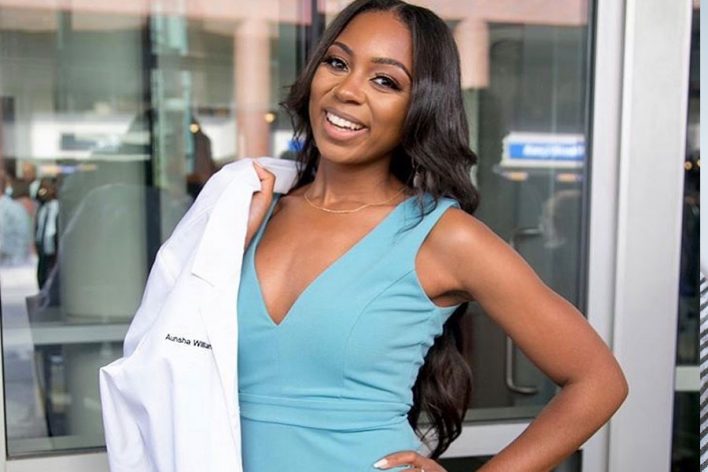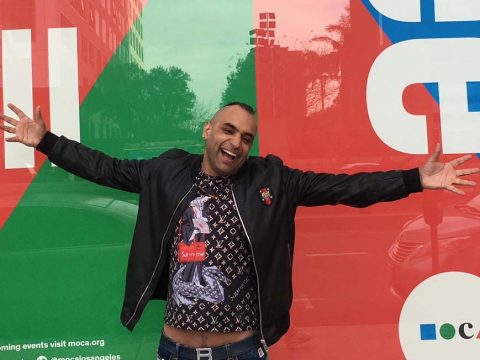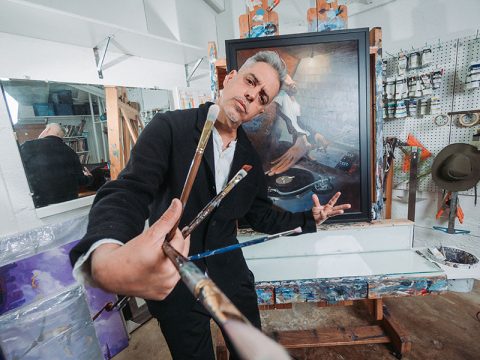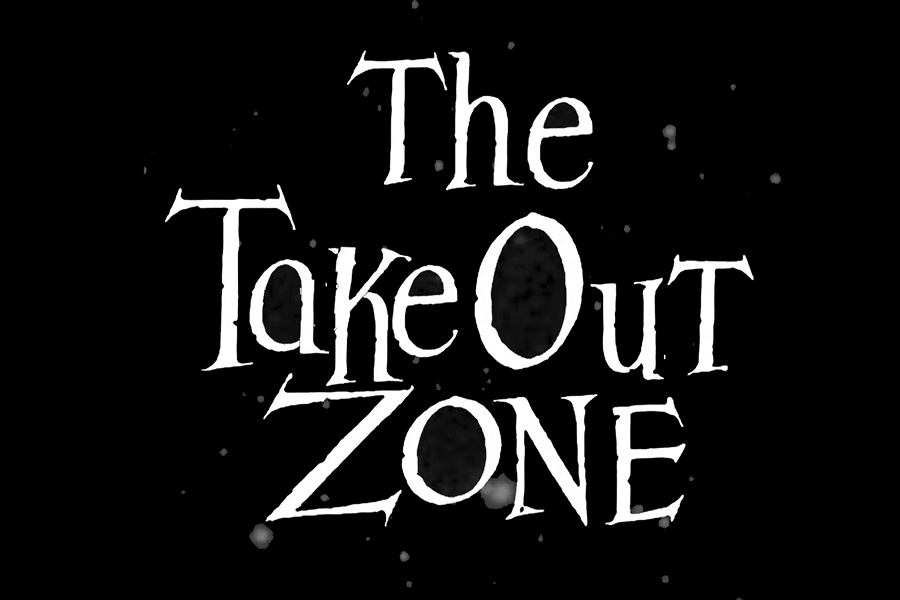
“There’s strength in numbers. We’re stronger when we work together.” In the chaos of a terrifying pandemic rocking the whole world, how does one organization step up to the plate? In a time when even governments and families are falling apart, how does the ABWP stand tall and strong as one?
Established in 1982, the Association of Black Women Physicians (ABWP) has been continuously providing educational programs and health resources for the underrepresented and underfunded. Even with COVID-19 being the great equalizer that it is, recent studies have shown that the disease actually kills more African Americans than other ethnic groups—which is why there’s no greater time than now for the ABWP to spring into action.
For instance, the Sister-to-Sister Mentoring Program aids black women physicians with guided mentorship, while the Wellness Series workshops offer public awareness on disease prevention services, especially during this pandemic. They also cover other pertinent health issues such as HIV/AIDS, asthma, diabetes, hypertension, and obesity. While these may not be directly related to the coronavirus itself, these underlying heath conditions contribute to a person’s overall wellbeing and survival rate.
“The nutritional health of our community is not optimal, so it makes us susceptible to so many diseases,” says Ana Lopes Johnson, MD, immediate past president of the ABWP. This is why comprehensive workshops include awareness and best practices on healthy eating and personal hygiene. Awareness programs are especially critical during this outbreak, because even if relief funds are already out, many communities are unaware of how to apply for them.
“A lot of us come from the communities that we’re serving,” says Dr. Johnson, who’s working tirelessly on the frontlines and the neighborhood ground level herself. “But the major determinant of someone’s health is not if they’re male, female, black or not—it’s their socio-economic status. It’s their zip code. And that really is a shame because we have some great resources, but communities are not accessing that.”
According to the ABWP website, “courageous ABWP heroes are treating patients, developing policies, and making pivotal decisions during this global pandemic. The Senate and the House of Representatives have now passed the Families First Coronavirus Response Act. This bill is a good first response to a pandemic which threatens the communities we serve. Because of racial inequities, the effects of the outbreak will be compounded in communities of color. ABWP will continue its advocacy work.”
What’s laudable about this “advocacy work” is that the group focuses not only on the physical aspect of the disease, but also on the mental and emotional effect it may have on any individual. Loss of job, separation from loved ones, and other tragedies affect families adversely every day. As such, the ABWP also has plenty of resources on their website when it comes to mental health services people can avail themselves of.
Even as other organizations focus on physical welfare and healthcare, the ABWP also focuses on two more aspects: charity works, and mental welfare and safekeeping. For instance, practicing psychiatrist Dr. C Freeman of the Los Angeles County Medical Association (LACMA) is also part of the group, and can provide assistance wherever needed. “This is just stage one,” says Dr. Johnson. “There’s a whole tidal wave of depression, anxiety…that we’re going to have to deal with.”
All this comes in the midst of inequalities in the medical field as well. “Even with testing for the coronavirus, there’s data that shows that blacks are not being tested at the same rate as their white counterparts,” she tells us during our interview. “We want to make sure that [these] solutions are culturally sensitive to black communities.”
Despite these inequalities, the org is doing the best that it can during this difficult time. The non-profit organization’s commitment to improving both the professional and the personal quality of life of African American women in the medical field is only one of the core values that drives the ABWP every day, especially in a time like this.
“We know that we have to work twice as hard to be considered half as good,” says Dr. Johnson. To empower black women is to make everyone aware of this underlying racism in the field, now more than ever.
Furthermore, the group also has annual fundraising benefits that have currently raised over $700,000 for black medical students in financial need. The ABWP also has great plans to create more educational resources on top of COVID-19 awareness. Topics will include breast cancer and how to help those who are candidates or those at risk, as well as a mentorship program for future leaders who need support in order to continue this work moving forward.
“There’s strength in numbers. We’re stronger when we work together,” Dr. Johnson continues. This is mainly why organizations are so important, because collectively, they can offer solutions and do so much more than if they were on their own.
For anyone who wishes to volunteer and make a difference, she has this inspirational nugget: “Get involved. Step up. Even a small contribution can mean something for sharing the load. That notion of ‘it takes a village’ is important. Just get involved and do something. Start somewhere.” Ultimately, finding unity in divisive communities is really where it all boils down to—no matter the color of your skin. For more information visit ABWP website.
[/ihc-hide-content]










